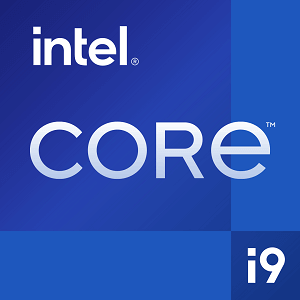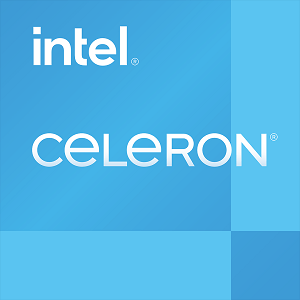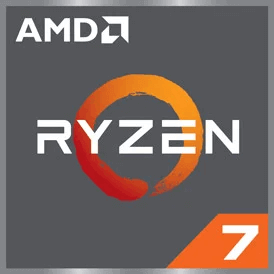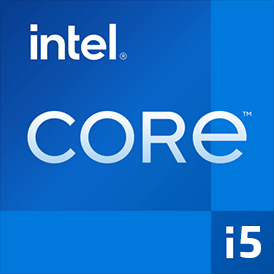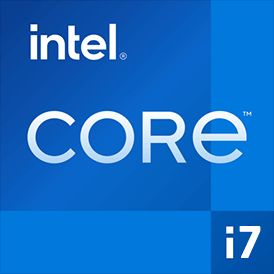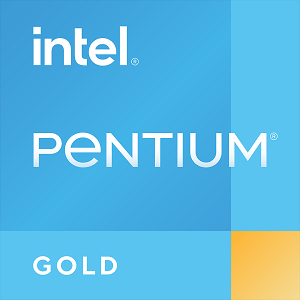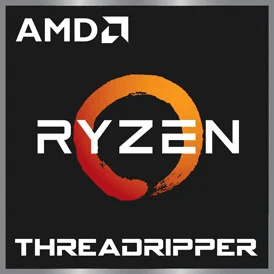Intel Core i9 11900KF vs Intel Celeron J4005
We compared two desktop CPUs: Intel Core i9 11900KF with 8 cores 3.5GHz and Intel Celeron J4005 with 2 cores 2.0GHz . You will find out which processor performs better in benchmark tests, key specifications, power consumption and more.
Main Differences
Intel Core i9 11900KF 's Advantages
Released 3 years and 3 months late
Higher specification of memory (3200 vs 2400)
Larger memory bandwidth (50GB/s vs 35.76GB/s)
Newer PCIe version (4.0 vs 2.0)
Higher base frequency (3.5GHz vs 2.0GHz)
Intel Celeron J4005 's Advantages
Integrated graphics card
Lower TDP (10W vs 125W)
Score
Benchmark
Geekbench 6 Single Core
Intel Core i9 11900KF
+602%
2536
Intel Celeron J4005
361
Geekbench 6 Multi Core
Intel Core i9 11900KF
+1565%
10374
Intel Celeron J4005
623
Geekbench 5 Single Core
Intel Core i9 11900KF
+301%
1768
Intel Celeron J4005
440
Geekbench 5 Multi Core
Intel Core i9 11900KF
+1149%
10209
Intel Celeron J4005
817
Passmark CPU Single Core
Intel Core i9 11900KF
+227%
3557
Intel Celeron J4005
1087
Passmark CPU Multi Core
Intel Core i9 11900KF
+1499%
25246
Intel Celeron J4005
1578
General Parameters
Mar 2021
Release Date
Dec 2017
Intel
Manufacturer
Intel
Desktop
Type
Desktop
x86-64
Instruction Set
x86-64
Rocket Lake
Core Architecture
Gemini Lake
i9-11900KF
Processor Number
J4005
LGA-1200
Socket
BGA-1090
No
Integrated Graphics
UHD Graphics 600
Package
14 nm
Manufacturing Process
14 nm
125 W
Power Consumption
10 W
100°C
Peak Operating Temperature
105 °C
CPU Performance
8
Performance Cores
2
16
Performance Core Threads
2
3.5 GHz
Performance Core Base Frequency
2.0 GHz
5.3 GHz
Performance Core Turbo Frequency
-
8
Total Core Count
2
16
Total Thread Count
2
100 MHz
Bus Frequency
-
35x
Multiplier
-
64 K per core
L1 Cache
48 K per core
512 K per core
L2 Cache
4 MB per core
16 MB shared
L3 Cache
-
Yes
Unlocked Multiplier
No
Memory Parameters
DDR4-3200
Memory Types
DDR4-2400, LPDDR4-2400
128 GB
Max Memory Size
8 GB
2
Max Memory Channels
2
50 GB/s
Max Memory Bandwidth
35.76 GB/s
No
ECC Memory Support
No
Graphics Card Parameters
-
Integrated Graphics
true
-
GPU Base Frequency
200 MHz
-
GPU Max Dynamic Frequency
700 MHz
-
Shader Units
96
-
Texture Units
12
-
Raster Operation Units
2
-
Execution Units
12
-
Power Consumption
5 W
-
Max Resolution
3840x2160 - 30 Hz
-
Graphics Performance
0.14 TFLOPS
Miscellaneous
4.0
PCIe Version
2.0
20
PCIe Lanes
6
-
Extended Instruction Set
SSE4.2
